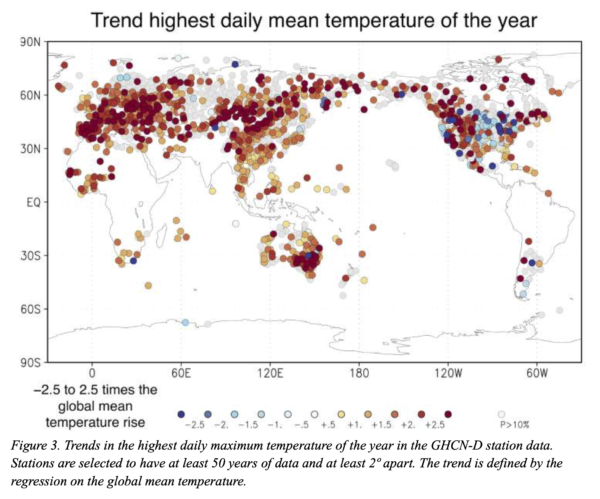

Last week, the Nobel physics prize was (half) awarded to Suki Manabe and Klaus Hasselmann for their work on climate prediction and the detection and attribution of climate change. This came as quite a surprise to the climate community – though it was welcomed warmly. We’ve discussed the early climate model predictions a lot (including some from Manabe and his colleagues), and we’ve discussed detection and attribution of climate change as well, though with less explicit discussion of Hasselmann’s contribution. Needless to say these are big topics which have had many inputs from many scientists over the years.
But RC has a more attuned audience to these topics than most, and so it might be fun to dive into the details of their early work to see what has stood the test of time and what has not, and how that differs (if it does) from their colleagues and rivals at the time.
[Read more…] about A Nobel pursuit
